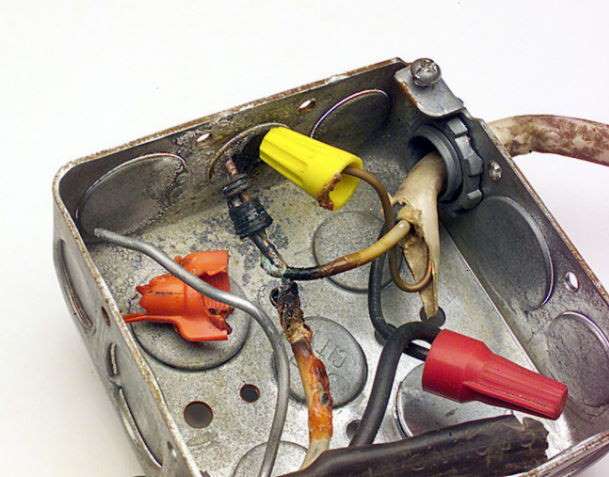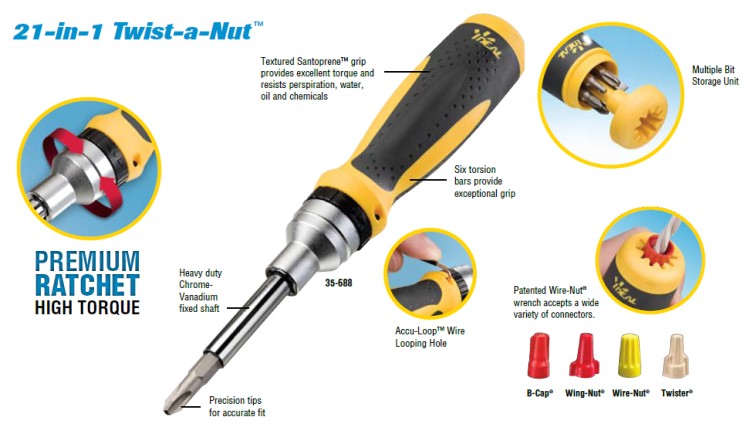According to an inspector:
https://iaeimagazine.org/magazine/2015/01/15/inspecting-electrical-connections-for-proper-torque/
"Torque screwdrivers of different capabilities can look identical but be very different. Once while doing an inspection while the electrician was using a torque screwdriver, I knew something was not quite right by the sound the torque screwdriver made when it reached the set torque. The sound was very faint compared to others I had encountered. After investigating, I discovered the torque screwdriver being used was measured in inch-ounces. There are identical looking torque screwdrivers that have increments given in inch-ounces and inch-pounds. See photo 2. The in-ounces torque screwdrivers will not work for values given in the electrical equipment that you are inspecting — an in-pounds torque screwdriver must be used.
Each brand of torque wrench will make a different sound when reaching the specified torque value. A big difference between the torque screwdriver and the torque wrench when reaching the specified torque value is that a screwdriver will disengage, whereas a torque wrench will continue to tighten if you do not feel or hear the click it makes. If you are not familiar with the sound the torque wrench makes, I suggest lowering the torque value by 25% and torque the termination to verify what the click sounds like; then turn it back up to the specified torque and tighten the rest of the way. Some are so quiet that you practically need to put your ear next to the wrench to hear it click. Sometimes the setscrew will make a sound when turning, making you think that it is the torque wrench clicking as it reaches the correct torque value. It is important that you know the difference."
What torque screwdriver brands and models do the master electricians here uses exactly?








